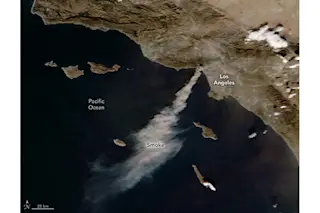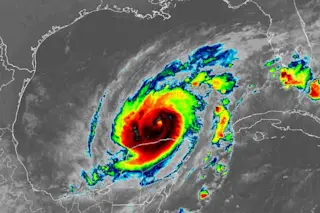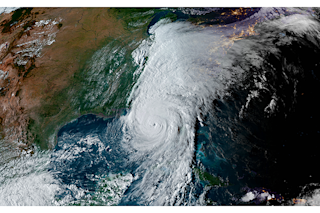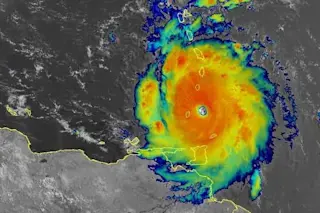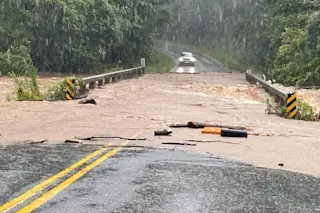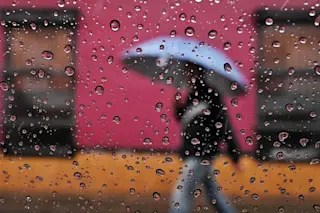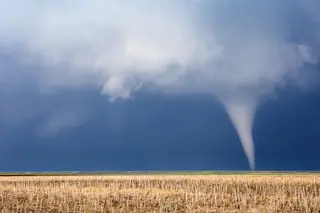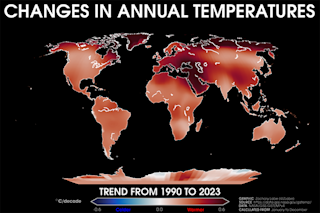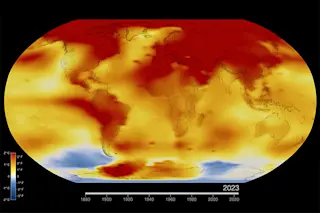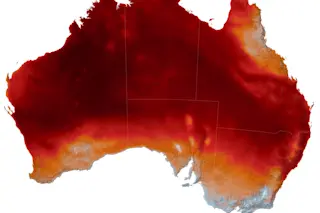If you want to teach your children the alphabet while mildly traumatizing them at the same time, look no further than "The Gashlycrumb Tinies." In alphabetical order, and with a jaunty rhyme scheme, 26 children meet fates both gruesome and preposterous.
In the future, though, as climate change warms the planet beyond our comfort zone in many regions, the book could be rewritten by adding some heat. There are 27 ways that a heat wave can kill you, say researchers from the University of Hawai'i. After looking through the medical literature they found that excessive temperatures have deadly effects on seven different major organs in five unique ways. Of the 35 theoretical options, they found reports of 27 that actually happened.
They published their work Thursday in the journal Circulation: Cardiovascular Quality and Outcomes.
The work is morbid, but it drives home a point the authors made earlier this year ...



